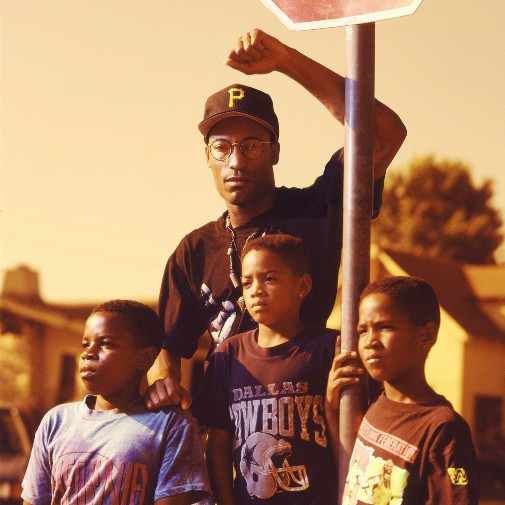
As previously explored in our 1991 pre-Smackdown ruminations, the 64th Academy Awards were marked by several first in the annals of Oscar history. The Silence of the Lambs became the first horror movie to conquer Best Picture, and it was also only the third flick to win the Oscars' Big Five (Picture, Director, Actor, Actress, Screenplay) after It Happened One Night and One Flew Over the Cuckoo's Nest. Among the other Best Picture contenders, Disney's Beauty and the Beast also made a splash, becoming the first animated feature to be nominated for that most important category. Still, more important even than that landmark for animation, we have the case of John Singleton who, in one fell swoop, became the first Black man to be in contention for the Best Director Oscar, as well as the youngest nominee in the category's history…
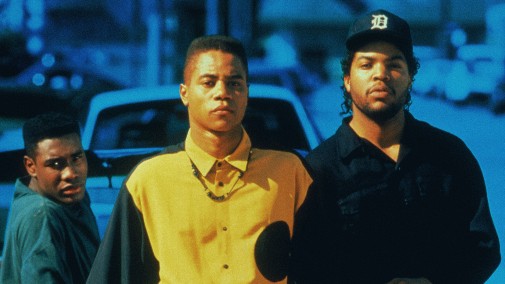
John Singleton was 23 when his first feature, Boyz N the Hood, premiered at the Cannes Film Festival. The director had started developing the movie way back in 1986, as part of his application to film school, and he drew inspiration from his own life. The resulting project is a galvanizing drama, bursting at the seams with righteous anger and despairing despondency, one that immerses and shocks, entertains, and infuriates. The narrative is the coming-of-age tale of one Tre Stykes, a young African-American man growing up in Los Angeles under the guardianship of his strict father. Despite such a premise, the scope and ambition of Boyz N the Hood go way beyond the simple model of the bildungsroman, aiming at something closer to an epic portrait of a society and a community in crisis.
The societal cosmos Singleton captures is one in which violence has become mundane, where prejudiced has shaped everyone's way of life and children learn to be adults with the promise of premature Death always weighing them down. It's a movie full of rage and little to no ambiguity, sacrificing nuance for boldness, for moral transparency and political didacticism. Nonetheless, Singleton finds grace notes to modulate the tragedy, conjuring an array of fully fleshed-out characters who the sublime cast brings to life with haunting power. The movie launched the acting career of many a great Black actor, from Cuba Gooding Jr. to Nia Long, from Regina King to Angela Bassett, and Ice Cube, whose performance should have earned him as many golden accolades as Singleton got.
Boyz N the Hood is the kind of movie that usually comes only once in a lifetime, a cultural monument laced with such raw feeling and bruised authenticity that it's impossible to ignore the mastery at work. It's no wonder that it became a sensation, both among critics and audiences, as well as 1991's most profitable movie. Singleton, who had insisted on directing it when Columbia bought the rights to his script, rode the publicity wave with aplomb, letting his words convey the same kind of indignation the movie exuded. As an example, consider this quote from an interview for Downtown magazine: "Where I come from, cops are nothing more than donut eatin', gun-totin' Nazis." – one can't accuse the filmmaker of playing nice and campaigning for the Oscar.
Still, at a time when Black American cinema was living through a period of growing importance, AMPAS did the right thing and nominated Singleton. He didn't win, losing to Jonathan Demme in the directing race and to Thelma and Louise's scribe Callie Khouri in the screenplay category, but he made history nonetheless. Of course, such amazing success early on can be as much of a blessing as a curse. Last year, when Singleton died, it seemed as if the only good movie he had directed was his 1991 debut. Rare was the outlet that singled out his later works for praise, though some mentioned the disappointment felt by many at the way his career went during the 21st century. Despite their commercial triumph, 2 Fast 2 Furious and Four Brothers are a bit artistically dispiriting, and the less said about 2011's Abduction, the better.
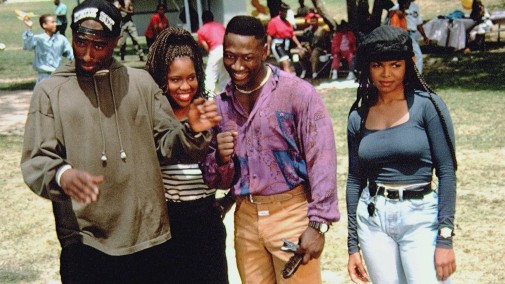
However, to reduce John Singleton's work to a great start and dwindling follow-up is to erase his many contributions to cinema. 1993's Poetic Justice may be far from perfect, but it's an inspiring risk when it comes to tonal contrasts and genre mixing. It also features one of Regina King's best comedic performances, a killer soundtrack which earned Janet Jackson an Oscar nomination, and a charming, seductive star turn by Tupac Shakur. After that movie, came 1995's Higher Learning, a college drama whose conclusions might have felt heavy-handed at the time of its release, but now feel eerily prescient, almost prophetic. One can criticize it for a lack of nuance but, as it was already said about Boyz N the Hood, Singleton's cinema often trades in nuance for caustic intensity.
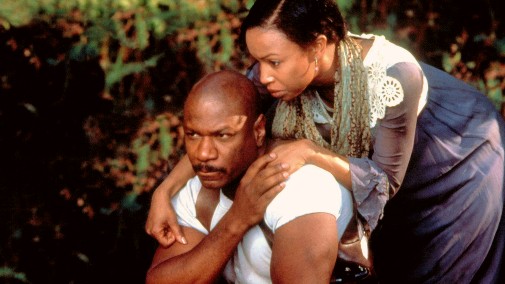
1997's Rosewood is Singleton's second grand opus, funneling the filmmaker's ferocious style to an examination of the historical past. Singleton thus recounts the 1923 massacre of Rosewood, wherein a white mob attacked a predominantly Black town, killing dozens of people and destroying the community. For a director so associated with portraits of contemporary America, it's amazing to see Singleton evoke the past with such attention to detail and a lived-in quality that only makes the violence more shocking, impossible to shake off. As always, the performances are excellent across the board, though special praise must be paid to Esther Rolle in one of her final screen appearances. The movie also marked the first time Singleton worked with Ruth E. Carter, who became his go-to costume designer henceforth.
Sadly, the greatness of Rosewood was mostly ignored, and it flopped hard. Singleton's 2000 reboot of Shaft was less disastrous, and, again, featured some excellent performances. Of this ensemble, Jeffrey Wright's venomous villain stands out as the first among equals, but everyone is commendable. His next project was, by all accounts, the director's last important movie, a morality play cum sex comedy cum melodrama called Baby Boy. Without wanting to sound like a broken record, the movie is another astonishing acting showcase, featuring Oscar-worthy performances from Taraji P. Henson in her first major role, A.J. Johnson and a never sexier Ving Rhames. What's most surprising about Baby Boy is how Singleton manages to make what is, essentially, a two-hour lecture about male responsibility into an entertaining spectacle that's as funny as it is heart-wrenching.
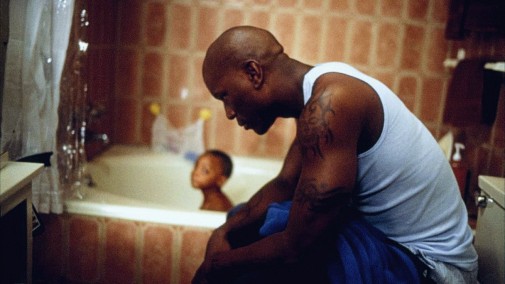
In his last few years, Singleton also worked on TV and produced other director's movies. He won an Emmy for the first season American Crime Story, for instance, and helped make 2005's Hustle & Flow and 2007's Black Snake Moan. Before he died, he was also trying to make a Tupac biopic, but that project never went ahead. So yes, John Singleton's career beyond Boyz N the Hood does not deserve to be labeled as a disappointment, even though it's easy to see why some would. After all, that debut picture is the kind of masterpiece few directors, even big names, ever get to have on their filmography. As our 1991 recollections approach their end, we remember the greatness of the history-making Boyz N the Hood and applaud the life's work of John Singleton, whose place in history is secure.
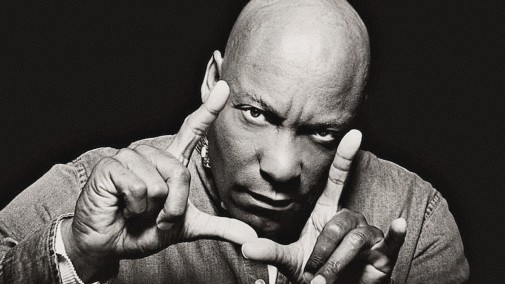
You can watch Boyz N the Hood on Fubo TV, DirecTV and Showtime. Poetic Justice's streaming on Starz and DirecTV, while Higher Learning can be found on Pluto TV, and the WWE Network. Rosewood is available on HBO Max, Shaft is on Pluto TV, and 2 Fast 2 Furious is on TNT. Four Brothers is streaming on Sling TV and Abduction's on Prime Video, Hulu, and the USA Network. All of those, along with Baby Boy, are widely available to rent from many online services.